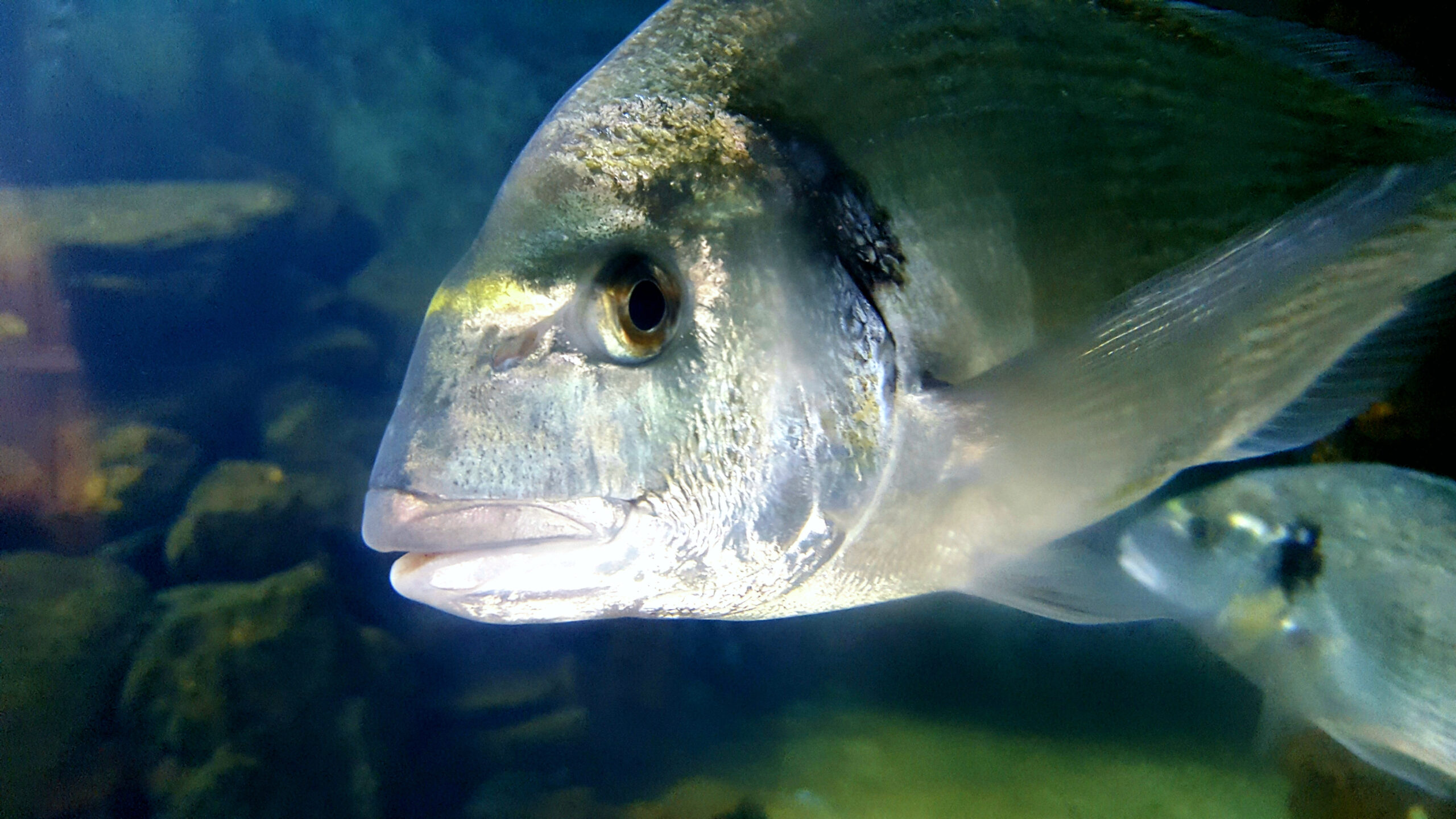Portuguese project aims to create sustainable aquafeed

Plans have been unveiled for a new state-of-the-art industrial unit in Coruche, Portugal to produce fish feed sustainably from a range of animal by-products.
The new facility is being developed by Sebol, a subsidiary of the Portuguese ETSA Group, which produces a variety of products for the food, pharmaceutical, pet food, biofuel and other industries.
It is part of a project involving the development of revolutionary protein hydrolysates for fish feed, derived from by-products from fish, poultry and pork production and even insects. The initiative is part of Pep4Fish, part of the European Blue BioEconomy Pact, and is supported by Portugal’s national Recovery and Resilience Plan.
Pep4Fish is focused on developing sustainable solutions for the aquaculture sector that support fish resilience.
Protein hydrolysates are “superfoods” developed from animal by-products, optimising nutrient absorption for fish. Aligned with circular economy principles, this process involves utilizing by-products from fish, poultry, swine, and even insects, guided by the various phases of the Pep4Fish project’s research.
Ultimately, the aim of the project is for these high-value-added hydrolysates to be incorporated into feeds for sea bass and gilt-head bream, bolstering fish health, contributing to human nutrition, reducing food waste, and promoting sustainability in aquaculture.
André Almeida, Head of the Research Department at the ETSA Group, said: “Sebol is very optimistic about the significance of this new production unit, representing the first nationally-produced hydrolysed protein with a focus on fish feed at an industrial level. This marks a significant step that will contribute to efficient and sustainable fish production.”
The new industrial unit, spanning approximately 9,000 square meters with a €15.4m (£13.2m) investment, of which about €4.6m (£3.9m) is funded by the Blue Bioeconomy Pact, is slated for completion in the second half of 2024. It is expected to create 15 new jobs, serving as a catalyst for sustainability and innovation, significantly contributing to the agri-food sector in Portugal, according to André Almeida.
Led by the ETSA Group, the Pep4Fish project includes the collaboration of nine partners, encompassing research centres and companies: AgroGrIN Tech, B2E – Blue Bioeconomy CoLAB (B2E CoLAB), CIIMAR – Interdisciplinary Centre of Marine and Environmental Research, ITS – Industry of Transformation of By-Products (ETSA), Seaculture (Jerónimo Martins), Savinor and Sorgal (Soja Portugal), Sebol (ETSA), and the Portuguese Catholic University.

Gilthead sea bream

